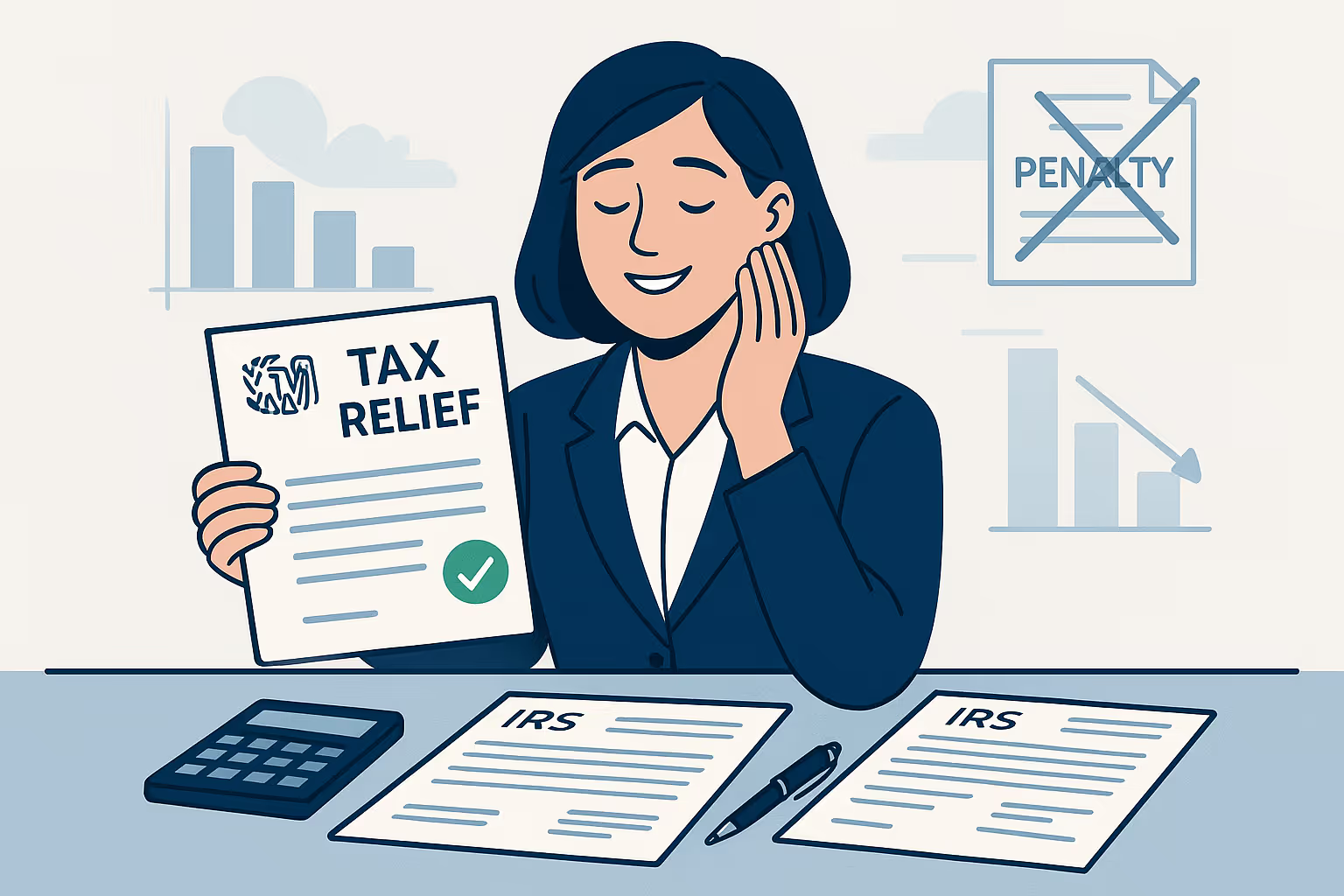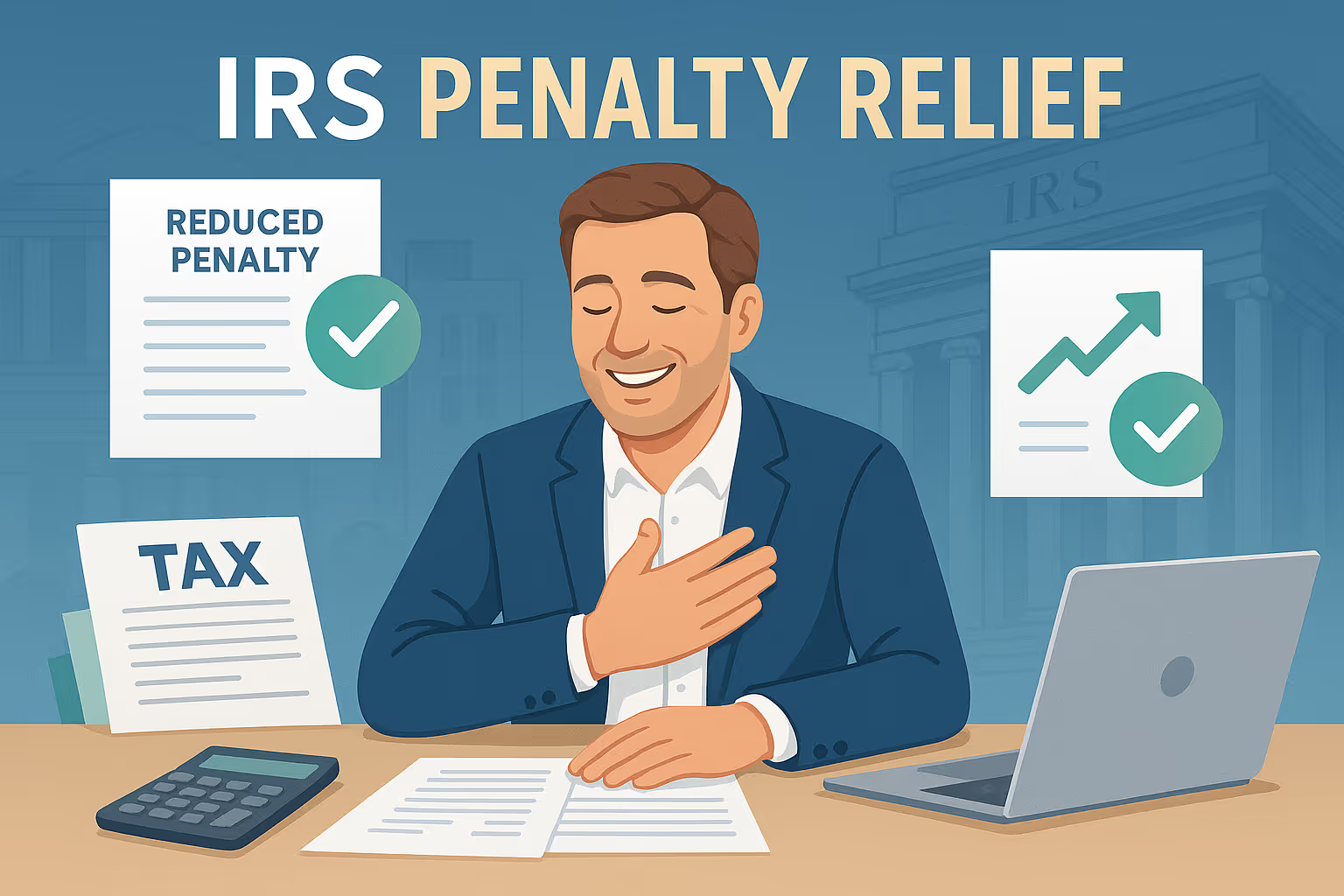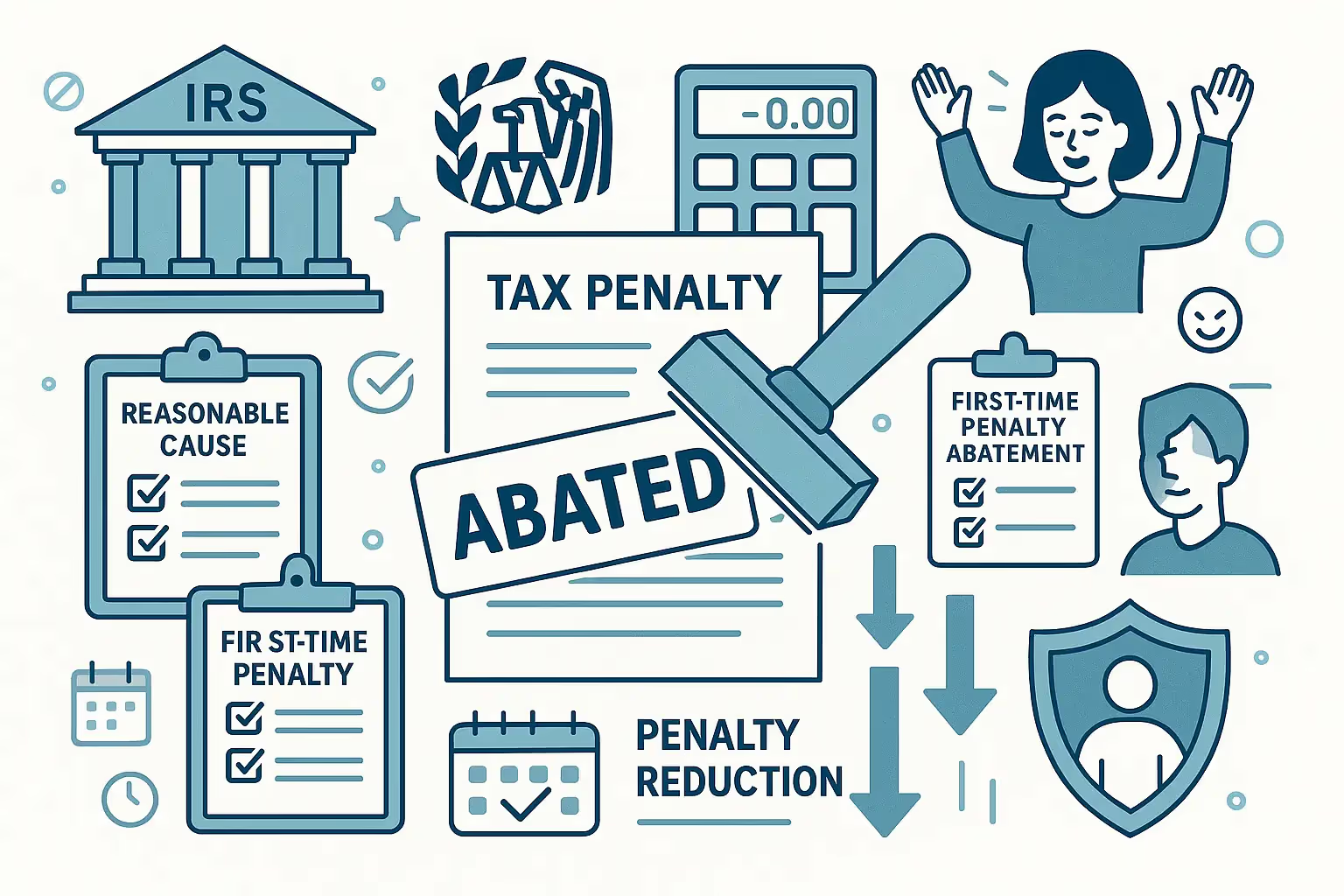
Military service members and veterans often face unique financial challenges requiring specialized tax relief. These hardships, whether resulting from combat deployments, service-related disabilities, or transitions to civilian life, can significantly impact a veteran’s income and overall tax situation. To address these issues, the federal government offers targeted tax benefits designed to reduce taxable income, increase federal tax refunds, and ensure equitable treatment of veteran taxpayers.
The IRS collaborates with the Department of Veterans Affairs (VA) and the Department of Defense (DoD) to streamline access to these benefits. Through data sharing with defense finance agencies and the VA, the IRS ensures that disability compensation, military pensions, and other qualified payments are correctly classified and processed. This interagency coordination helps reduce tax filing errors and ensures eligible veterans receive the full tax relief they have earned through their service.
Veterans may qualify for a range of federal and state tax benefits. Excluded income provisions make certain payments—such as combat zone pay and VA disability compensation—non-taxable. Eligible veterans may also benefit from credits like the Earned Income Tax Credit or Child Tax Credit. Additionally, free tax preparation services are available through programs like IRS Free File, MilTax, and VITA. At the state level, some jurisdictions offer property tax reductions or motor vehicle tax exemptions for disabled veterans. These programs can substantially reduce a veteran’s overall tax burden.
Excluded Income for Veterans
Veterans can receive several forms of tax-free income that help reduce their taxable income and increase their eligibility for a federal tax refund. Knowing which payments to exclude from your federal tax return is essential to avoiding overpaying taxes and maximizing available tax benefits.
VA Disability Compensation and Disability Payments
The IRS does not consider VA disability compensation or related grants taxable income.
- Veterans are not required to report monthly or lump-sum disability payments from the VA.
- Compensation for dependents, housing, or motor vehicle grants tied to a service-related injury incurred during active duty is excluded.
- Payments related to medical retirement with a verified disability percentage are also tax-exempt.
Combat-Related Special Compensation (CRSC)
CRSC allows certain retired military members to receive tax-free compensation for combat injuries.
- Veterans who receive CRSC do not include this income in gross income for tax purposes.
- CRSC can be received alongside military pensions if the injury is linked to a combat zone, hostile fire, or a qualified hazardous duty area.
Exempt Military Pensions and Special Pays
Some military pay received while serving in a combat zone is tax-exempt.
- For the entire month they served, the member was exempt from special pay types such as imminent danger pay, hostile fire pay, and others.
- Portions of military pensions offset by VA benefits may also be excluded.
GI Bill and Education Benefit Exclusions
- Veterans do not pay taxes on GI Bill tuition, housing stipends, or vocational rehabilitation payments.
- These payments are not counted toward earned income or income tax calculations.
Combat Zone Tax Benefits
Service members in designated combat zones or hazardous duty areas may qualify for significant tax benefits. These benefits reduce taxable income by excluding specific types of military pay received during periods of combat service.
Combat Pay Exclusion Rules
The IRS allows eligible military members to exclude combat pay from gross income if they serve in an official combat zone or meet criteria under an executive order.
- Enlisted members and warrant officers may exclude all basic pay received during a qualifying month.
- Commissioned officers may exclude pay up to the amount earned by the maximum enlisted pay plus hostile fire or imminent danger pay.
- The exclusion applies only when the entire month or any part of it includes a qualifying service.
Qualified Hazardous Duty Area Designations
A qualified hazardous duty area includes zones designated by executive order where U.S. forces face hostile activity.
- These zones are treated like combat zones for income tax purposes.
- Special operations and direct support missions may also qualify under IRS rules.
- The Department of Defense updates area designations as military operations evolve.
Documentation and Verification (Form W-2, DD-214)
Proper documentation is essential for claiming the combat pay exclusion on a federal tax return.
- Form W-2 should show excluded amounts automatically if certified by a military pay center.
- Veterans should retain a copy of their DD-214 showing dates of active duty in a combat zone.
- Additional records may be required to correct errors or claim federal tax refunds.
Tax Credits for Veterans
Veterans and their families may be eligible for valuable tax credits that reduce their income tax liability or increase their federal tax refund.
These credits are significant for low-to-moderate-income households, including those receiving VA benefits, disability payments, or transitioning out of active duty service.
Earned Income Tax Credit (EITC) for Veterans
The Earned Income Tax Credit (EITC) is a refundable credit available to working taxpayers who meet certain income limits.
- Veterans with earned income, including civilian wages or certain types of military pay, may qualify even if they receive disability compensation.
- Combat pay may be counted or excluded from earned income to maximize the credit, depending on the benefits to the taxpayer.
- Disabled veterans under retirement age with earned income may be eligible, even if they do not have children.
Child Tax Credit Eligibility for Military Families
The Child Tax Credit helps qualifying families with dependent children.
- Military families can claim the tax credit if they meet residency and income limit criteria.
- Veterans receiving disability benefits or serving in combat zones remain eligible if their gross income meets IRS guidelines.
- The credit is partially refundable, which may result in an additional refund even when no income tax is owed.
Refundable Credit Opportunities
- The EITC and Child Tax Credit are refundable, meaning qualified veterans may receive a refund without taxable income.
- Veterans should review these credits when preparing their federal tax return directly or through free tax preparation services.
Free Tax Preparation Services
Many veterans qualify for free tax preparation resources that simplify filing federal and state returns. These programs are designed to help service members, disabled veterans, and lower-income people navigate complex tax information and file confidently.
IRS Free File and Free File Fillable Forms
The IRS Free File program offers guided tax software for eligible taxpayers.
- Veterans with an adjusted gross income of $79,000 or less can use IRS Free File to prepare and file federal tax returns electronically.
- Those with higher incomes may use Free File Fillable Forms, online IRS-provided forms designed for experienced taxpayers.
- These options are safe and accessible, allowing users to submit tax forms directly to the IRS without fees.
Military OneSource and MilTax
The Department of Defense provides MilTax through Military OneSource, a dedicated platform for military-connected filers.
- All military members and qualifying veterans can access MilTax software and speak with tax consultants at no cost.
- MilTax supports situations unique to the military, such as combat pay, VA benefits, military separation, and overseas filing.
- It is available regardless of income limits and includes federal and state returns.
VITA and IRS-Certified Volunteer Programs
The Volunteer Income Tax Assistance (VITA) program offers in-person filing help.
- IRS-certified volunteers train to assist veterans, low-income individuals, and those with disabilities at VITA sites.
- These sites support identity theft protection, disability benefits clarification, and guidance for filing correctly.
Income Tax Filing Requirements
Veterans must understand their income tax responsibilities to avoid filing errors and missed refunds. Whether submitting a federal tax return, a state return, or both, knowing who must file and what income to report is essential.
Rules vary depending on a veteran's income sources, military pay received, and disability benefits.
Federal Tax Return vs. State Returns
Depending on their income levels and location, veterans may be required to file both federal and state returns.
- Most states follow IRS guidelines, but participating states may exclude some VA benefits or military pensions from taxable income.
- Some states do not impose an income tax, which may eliminate the need to file a state return.
Who Must File and When
Veterans must file a federal tax return if their gross income exceeds IRS thresholds.
- Filing requirements depend on filing status, age, and earned income.
- Most tax returns are due in April each year, unless extensions are granted or the veteran serves in a combat zone.
Reporting Military Pay and Disability Benefits
Only certain types of military compensation must be reported.
- Taxable income includes regular military pay, while disability compensation from the VA is tax-free.
- Combat pay may be excluded but still reported to qualify for certain tax benefits.
Electronic Filing and E-File Tools
Veterans can e-file their returns for rapid processing.
- IRS-approved software allows you to file federal returns quickly.
- Free fillable forms and tools like MilTax simplify complex filings.
Tax Scams and Fraud
Veterans are frequent targets of tax scams, often because they receive federal tax refunds and VA benefits or file from locations with less privacy. Detecting and reporting fraudulent activity can help protect your finances and identity.
How to Recognize Identity Theft and Refund Fraud
Identity theft occurs when someone illegally uses your Social Security number or personal details to file a false tax return and claim your refund.
- If you receive IRS mail about a return you did not file, it may be a sign of refund fraud.
- Delayed federal tax refunds or notices of wage reporting errors may also signal fraudulent activity.
- The assumption of limited monitoring sometimes targets veterans who receive disability compensation or file with free tax preparation services.
Protecting Personal and Tax Information
Protecting your tax information is vital, especially when submitting a federal tax return electronically.
- You should never share sensitive data such as your Social Security number, banking information, or IRS login credentials over the phone or email.
- Always use IRS-authorized platforms like e-file or Free File Fillable Forms when submitting documents.
- Veterans should avoid sharing documents on public or unsecured devices, especially while deployed.
Reporting Scams to the IRS
- Veterans can report tax scams or suspicious activity using IRS Form 14039 (Identity Theft Affidavit).
- Reports can also be filed online through the IRS Identity Protection page.
- Quick reporting can prevent stolen refunds and secure your account against future fraud.
State and Local Tax Benefits
In addition to federal tax relief, many participating states offer veterans valuable state and local tax benefits. These programs often include exemptions for property taxes, motor vehicles, and state income tax—especially for disabled veterans or those who served in direct support of combat operations.
Tax-Free Motor Vehicles and Property Tax Exemptions
Many states provide property tax or vehicle tax exemptions to qualifying veterans.
- Depending on the state's disability percentage requirement, disabled veterans may be exempt from paying annual property taxes on their primary residence.
- Some states allow veterans to register one or more motor vehicles tax-free, provided they present proof of military service or VA disability.
- These exemptions can save veterans hundreds or even thousands of dollars annually.
State Income Tax Waivers for Disabled Veterans
Several states offer partial or complete waivers on state income tax for military retirement income or VA benefits.
- Veterans receiving disability compensation often qualify for exemptions from state income taxes on military pensions.
- Others may receive tax reductions if their income falls below certain income limits.
- Tax treatment varies, so you must check with your state tax authority.
Participating State Programs and Direct Support
- Some states and territories have additional tax benefits for those directly supporting military operations.
- Veterans should consult official state websites or local veterans affairs offices for eligibility guidelines and application processes.
- Benefits often differ based on residency, military service history, and disability status.
Tax Planning and Strategy
Tax planning helps veterans avoid surprises, reduce taxable income, and maximize available tax benefits. Veterans who understand how VA ratings, military separation, and income limits affect taxation can better position themselves for a secure financial future.
Income Limits and Taxable Income Forecasting
Forecasting your taxable income each tax year can help determine eligibility for programs like the Earned Income Tax Credit or Child Tax Credit.
- Veterans should monitor their gross income, including military pay, VA benefits, and civilian wages.
- Staying within certain income limits may qualify them for valuable refundable credit opportunities.
- Estimating income early helps reduce errors on the federal tax return and plan for potential taxes owed.
Planning Around VA Ratings and Military Separation
VA disability ratings directly impact tax treatment and future benefits.
- Veterans with increased disability percentage ratings may be eligible for more extensive disability compensation exclusions.
- Timing a military separation around VA determinations can change the veteran's overall taxable income.
- Retroactive VA decisions may allow the veteran to amend previous returns for a federal tax refund.
Retirement Planning: Concurrent Retirement and Disability Pay (CRDP)
- CRDP allows eligible retired service members to receive military pensions and VA benefits without offsets.
- Veterans should review CRDP eligibility annually, as it affects overall income, tax filing, and potential tax-free benefits.
- Financial advisors familiar with armed forces tax issues can provide guidance on optimizing these income streams.
Tax Filing and Payment Options
Veterans have multiple ways to file federal tax returns and manage payments. Whether using e-file, mailing paper forms, or applying for IRS payment plans, choosing the option that best matches your situation is essential. Veterans can also amend previous returns to claim missed tax benefits.
How to File a Federal Tax Return Directly
Veterans can file federal tax returns directly with the IRS through several methods.
- The IRS free-file system and free-fillable forms allow many veterans to submit returns at no cost.
- Those comfortable with tax software can use approved e-file platforms to speed up processing and reduce errors.
- Veterans should always verify that VA benefits and military pay received are reported correctly.
Filing Amended Returns (Form 1040X)
Form 1040X is used to correct or update a previously filed return.
- Veterans can use this form to claim disability compensation exclusions or refunds due to VA rating changes.
- Amended returns must be submitted within the statute of limitations, typically within three years of the original filing.
- Veterans should include all required documentation to prevent delays in processing.
IRS Payment Plans and Relief Options
- Veterans unable to pay in full can apply for IRS payment plans, including short-term and installment agreements.
- Some may qualify for tax relief due to disability status, injury incurred, or economic hardship.
- Applying online is the fastest way to initiate these programs and avoid collection actions.
Frequently Asked Questions
Do veterans receive federal tax breaks?
Veterans are eligible for several federal tax breaks that can reduce or eliminate taxable income. Common examples include VA disability compensation, which is tax-exempt, combat pay exclusions, and education-related tax credits. These benefits are designed to reflect the sacrifices made during service and to ease financial burdens in civilian life. Veterans must meet specific eligibility requirements based on income and service-related factors.
Who qualifies for VA tax relief programs?
Veterans who have served in the U.S. Armed Forces and received a qualifying disability rating, severance pay, or other service-connected benefits may qualify for VA-related tax relief. Eligibility varies by program and may include both federal and state benefits. Supporting documentation—such as VA determination letters or military discharge papers—is often required to verify status and access applicable exemptions, credits, or filing accommodations.
Are there free tax preparation services available for veterans?
Veterans can access free tax filing support through programs such as IRS Free File, MilTax, and the Volunteer Income Tax Assistance (VITA) program. IRS-certified professionals staff these services and help veterans file accurately and securely. Many of these resources offer guidance tailored to military-related tax issues, including combat pay, deployment income, and deductions tied to service-related education or relocation.
What are the tax benefits of being a veteran?
Veterans may be eligible for several tax benefits, including exclusions for combat zone pay and exemptions for VA disability compensation. Additional advantages include eligibility for refundable credits like the Earned Income Tax Credit and access to free filing services. Some states also offer property tax exemptions or vehicle registration waivers for disabled veterans. When properly applied, these benefits can significantly reduce a veteran’s overall tax liability.
What does the tax exclusion for combat zones mean?
The tax exclusion for combat zones allows military service members to exclude qualifying pay earned in designated combat areas from federal taxable income. Eligible pay includes basic salary, imminent danger pay, and hostile fire pay received during active duty in or in support of combat zones. This exclusion lowers taxable income and can increase eligibility for certain credits, providing additional financial relief for those serving in high-risk operations.















